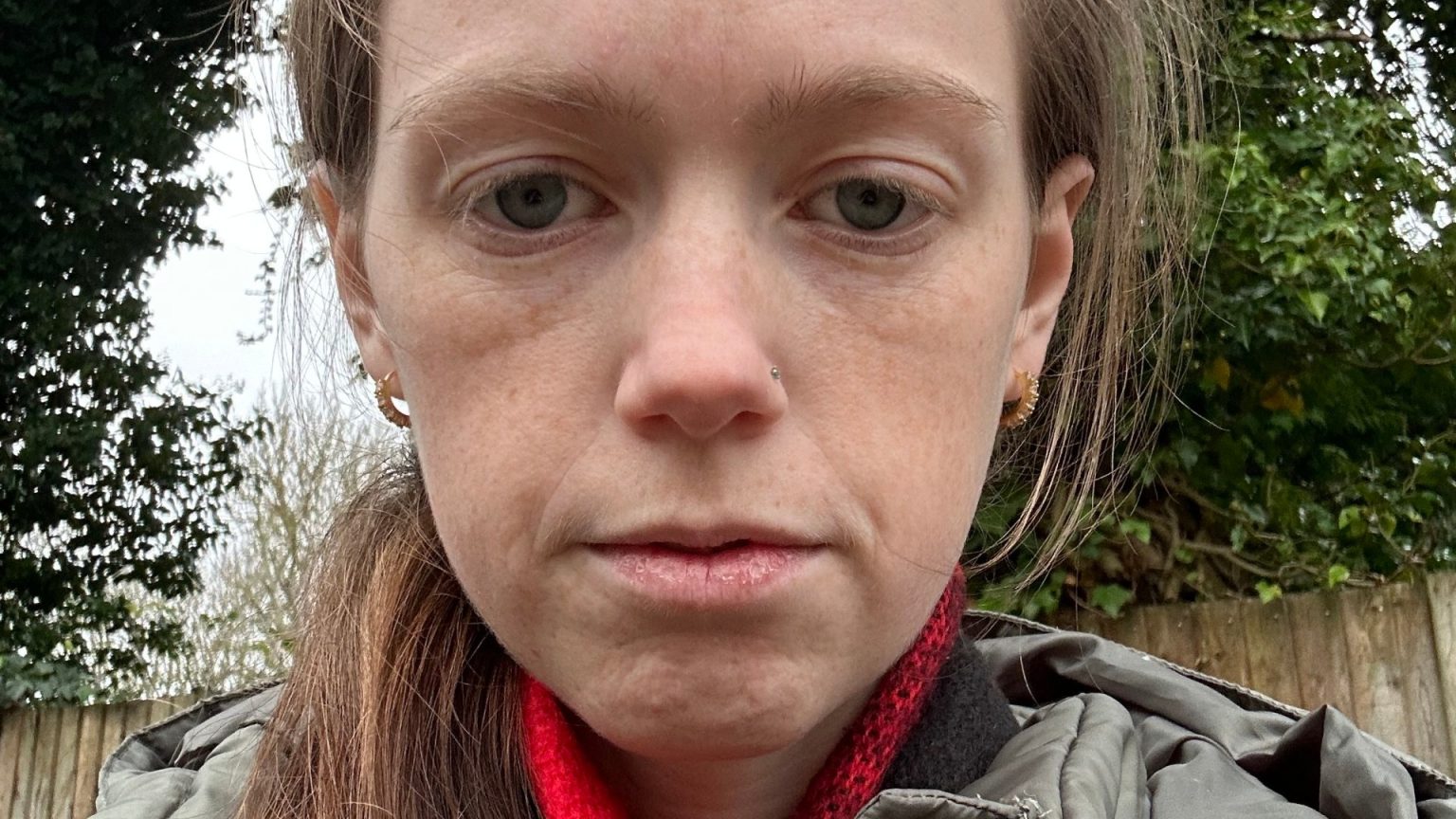Elise Baynard’s life took a dramatic turn in January 2020 when she suddenly developed difficulty swallowing and a persistent tightness in her chest. Initially misdiagnosed with acid reflux, her condition progressively worsened over the next few years. She began experiencing difficulty swallowing common foods like bread and pasta, and eventually even liquids would come back up. This led to frequent regurgitation, sometimes as many as 60 times a day. Her weight plummeted from 9 stone to 6 stone 10 pounds as her diet became increasingly restricted to soft foods like cereal soaked in milk and crisps, driven by a growing fear of eating.
The constant regurgitation and inability to consume a normal diet significantly impacted Elise’s quality of life. The simple act of eating became a constant challenge, requiring her to stand while consuming anything to prevent choking. The physical discomfort extended beyond swallowing difficulties, with esophageal spasms causing intense pain in her jaw, neck, and back, episodes she described as feeling like a heart attack. These painful episodes often left her in tears, highlighting the debilitating nature of her condition. Socially, Elise became increasingly isolated, unable to enjoy meals out with friends due to the fear of vomiting or the need to be near a bathroom.
Elise’s journey to a diagnosis was long and frustrating. Despite persistent symptoms and worsening health, she felt dismissed by medical professionals. Her initial diagnosis of acid reflux proved incorrect, and an endoscopy in 2021 yielded normal results. Referrals to specialists offered little solace, with consultations conducted primarily over the phone and a perceived lack of urgency in addressing her deteriorating condition. This lack of communication and proactive care left Elise feeling abandoned and helpless as her health continued to decline.
It wasn’t until November 2024, four years after the onset of her symptoms, that Elise finally received a diagnosis. A specialist in London immediately recognized her symptoms as indicative of achalasia, a rare swallowing disorder affecting the esophagus. This diagnosis was confirmed through a manometry test, which revealed a lack of muscle activity in her throat, effectively preventing the proper passage of food to the stomach. While the cause of her achalasia remains unknown, potentially attributed to genetics, stress, or a dormant virus, the confirmation provided some relief, finally giving a name to her debilitating condition.
Achalasia, as Elise’s case illustrates, is a serious disorder that profoundly impacts the digestive system. It disrupts the normal esophageal muscle contractions necessary to propel food towards the stomach. Simultaneously, the lower esophageal sphincter, which normally relaxes to allow food into the stomach, fails to open properly or at all. This combination of dysfunctional muscle activity and sphincter malfunction creates a blockage, preventing food from reaching the stomach and leading to its regurgitation. This mechanical failure of the esophagus makes eating a painful and challenging process, often accompanied by chest pain, heartburn, and difficulty swallowing.
Elise’s hope now lies in a specialized surgical procedure called peroral endoscopic myotomy (POEM). This procedure aims to improve esophageal function by cutting away muscle along the lining of the lower esophagus, creating a wider passage for food to enter the stomach. While awaiting referral for the POEM procedure, Elise remains hopeful that it will allow her to regain a semblance of normal life, free from the constant fear and discomfort that has dominated her existence for the past several years. She is eager to share her story to raise awareness about achalasia, highlighting the diagnostic challenges and the need for greater urgency in addressing this debilitating condition. Her experience underscores the critical importance of patient advocacy and the pursuit of specialized care when facing unexplained and persistent health issues.




